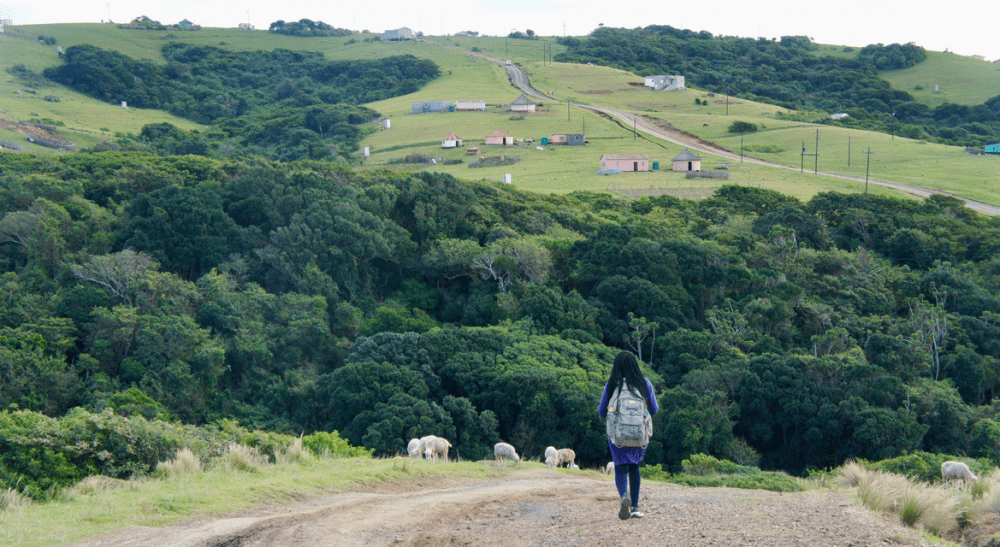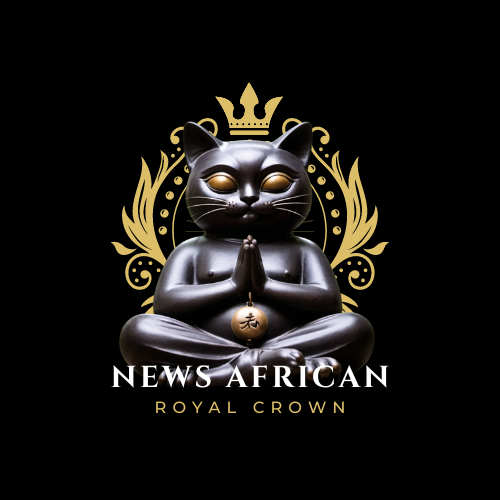
Early childhood development practitioners gathered on the Wild Coast to broaden their practice. Photos: Bulungula Incubator
On a quiet Saturday morning, deep in the rolling green hills of the Wild Coast, a gathering of dedicated early childhood development (ECD) practitioners took place. Despite it being a weekend, 30 women and four men arrived to participate in a “community of practice” (CoP).
Think of a CoP as a group of people who share a common concern, a set of problems or an interest in a topic. Their presence on this day in February 2024 was a testament to their commitment to their work and to the children whose early learning experiences they shape. In South Africa, ECD is a public good delivered by private individuals.
These practitioners were not alone in their journey. They were supported by two resource and training organisations, Bulungula Incubator and Sustainable Coffee Bay NPC, which have played a crucial role in strengthening early learning in this region.
But the management personnel of these organisations were limited to executing planning and logistics. The practitioners, aided by “change agents” from these organisations, were conducting baseline assessments of ECD infrastructure and learning materials. While the baseline evaluations formed a core part of the discussions, the gathering was rich in diverse input, reflections and stories of professional growth.
The conversation quickly shifted to a broader discussion on early learning processes and the materials required to create enriching environments for young children. Here, we witnessed practitioners, many of whom have modest levels of training, talking deeply about the complexities of providing quality early learning, good nutrition, safety and nurturing care without the tutelage of trainers or mentors.
They debated, shared insights and solved problems together. The richness of this discussion demonstrated that the process of knowledge-sharing, when facilitated in a non-hierarchical and peer-driven manner, is powerful.
The mix of Montessori and mainstream ECD practitioners added a further layer of depth to the discussions. Often, educational philosophies can create divides, with rigid adherence to certain methodologies overshadowing the possibility of learning from different perspectives. Yet, this was not the case. The practitioners extended grace to one another, showing a willingness to learn and adapt, despite differences in their approaches to delivering early learning programmes.
A culture of peer-to-peer learning anchored in excellence
The CoP originates from Early Learning Outcomes Measure (a tool used as a proxy to measure children’s school readiness) scores of children in pre-schools managed by Bulungula. The organisation offered to bring ECD practitioners (those outside and in their network) together based on the Bulungula model of peer-to-peer learning.
The most inspiring observations from the day was that the leadership did not come from the heads of the resource and training organisations, as one might expect. Instead, it was the practitioners themselves who led. They facilitated discussions, guided their peers and exercised leadership in ways that might not have emerged in a more conventional and structured training setting.
This dynamic matters. Traditional models of professional development in South Africa often rely on external facilitators — experts delivering knowledge to practitioners in a top-down manner. While expert-led training has its place, it does not always foster the confidence, autonomy and professional agency that practitioners need to sustain their growth.
This CoP was different — it was a safe space for practitioners to express their ideas without fear of judgment, refine their public speaking skills and gain confidence in their ability to lead.
This is the essence of peer-to-peer learning, and it raises important questions about the way we approach ECD practitioner development in this country. What would it mean for the ECD sector if we recognised and formalised the value of CoPs at a national level?
The big picture
South Africa’s ECD sector is at a critical juncture. The recognition of ECD as a public good has gained momentum, yet systemic problems persist, ranging from underfunding to inconsistent training. If we are serious about improving the quality of early learning, we must explore models that empower practitioners at grassroots level.
The CoP I attended in February showed what is possible when practitioners are given the space and support to drive their own professional development. This example demonstrates that structured, yet flexible peer-to-peer learning models provide a scalable solution to improving practitioner confidence and competency. It’s a winning strategy that funders, policymakers, and training organisations can get behind.
What took place in that CoP was more than just a gathering — it was an example of what professional development in ECD could and should look like. It was a space where practitioners were not passive recipients of training delivered to them, but active contributors shaping each other’s understanding of their work.
Our ECD sector stands to gain from nurturing more of these spaces. But doing so requires intentional investment and a shift in mindset — from viewing training as a top-down process to recognising that the best learning often comes from within the community itself.
Kwanda Ndoda is a civil engineer who works as an early childhood development specialist for the DG Murray Trust. He aims to advance early childhood education through technology and positive caregiving practices.



